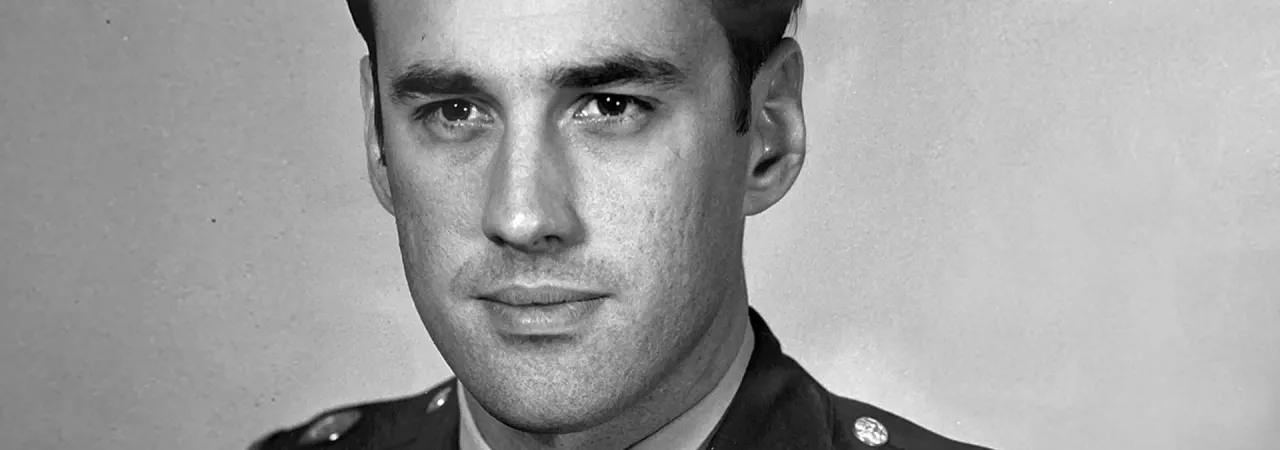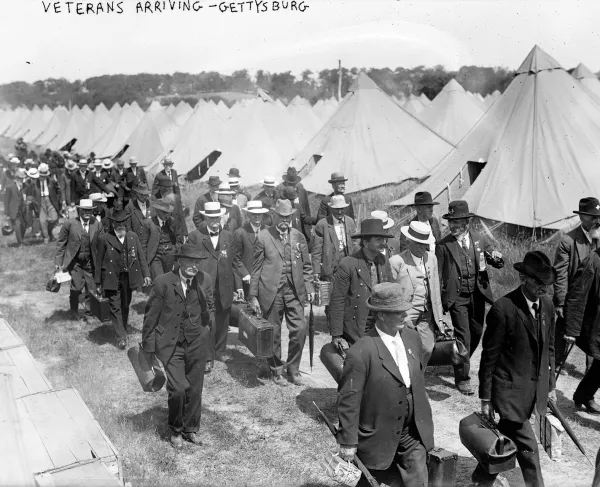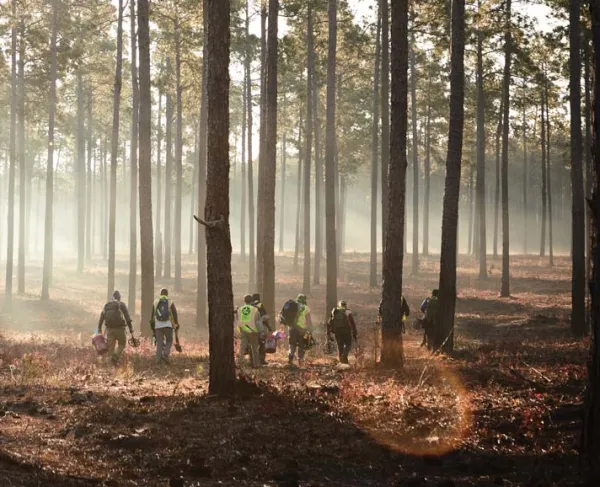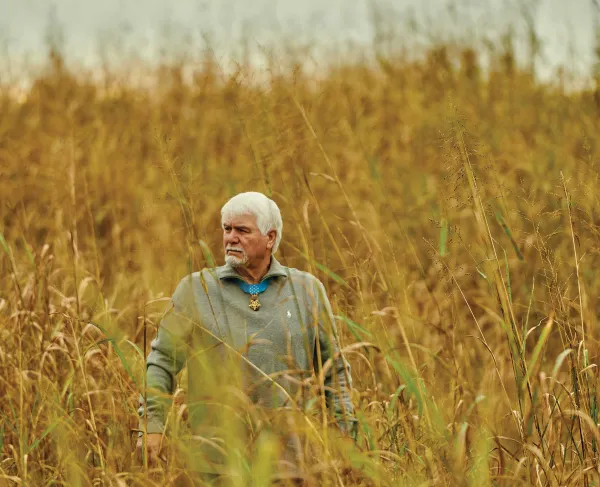Warrior Legacy: Appreciating the Human Stories of War

Duke R. Ligon, Retired Army Captain and American Battlefield Trust Alumni Board Member
Marmaduke “Duke” R. Ligon was raised in a family of modest means in rural Oklahoma. They took a single vacation during his childhood.
But memories of that one vacation are seared into Ligon’s memory. He was a 12-year-old enthralled with history and the destinations were Civil War battlefields. “I would just fall in love with the rangers who would give the lectures about the battlefields,” he said.
A decade later, after serving in the Vietnam War, Ligon returned to the Civil War battlefields of his youth and saw them through different eyes. He had seen the harsh reality of war with his own eyes. He had shared in the intense camaraderie between soldiers at war and the unique bond it creates.
As a veteran, Ligon now saw Gettysburg and other battlefields through the eyes of a soldier. “I looked at it in a much deeper, emotional way than I did when I was so fascinated by the battlefield when I was younger and I didn’t have this life-sobering experience,” he said.
“It was different. I cannot think about it and not think about the people who were there and their lives and the fact that so many died and were wounded there,” he said. “That’s why I have so much respect for Gettysburg and other battlefields and why I think it’s so important to preserve them.”
Ligon is a retired attorney who served on the Board of Trustees of the American Battlefield Trust from 2012 to 2018. He was awarded the Bronze Star during his service in the Vietnam War from 1969 to 1971, but not in combat, the usual way soldiers earned such honors. “I had a really different experience in Vietnam,” he said.
Ligon was an Army captain and an intelligence briefer for Gen. Creighton Abrams, the top commander of United States forces at the height of the Vietnam War. His Bronze Star was for his intelligence work that proved that China was directly and clearly involved in supporting the North Vietnamese Army. Chinese Army soldiers were moving men and supplies on the Ho Chi Minh Trail, and Ligon had the photos to prove it, taken by teams secretly sent into Laos. The proof of Chinese involvement and its implications were a troubling new reality, both in Vietnam and at home.
Although Ligon’s family had a rich military history, he was not eager to go to Vietnam. But young men of modest means from rural Oklahoma in the late 1960s were all but guaranteed to get drafted into the Army, and Ligon saw nothing good in dodging the draft. He joined the ROTC in school and, while enrolled, earned his law degree at the University of Texas School of Law to have more service options. He eventually ended up in military intelligence.
Though not a combat infantryman, Ligon saw the waste of war up close. “When I did briefings for Gen. Abrams and his staff, I used to go out to the tarmac at Tan Son Nhut Air Base and look at the caskets, which were stacked up 10 or 20 feet tall, waiting for transport back to Dover [Del.] Air Base in the United States,” he recalled. “I mean, it was just a stark reality.”
To Ligon, a visit to an American battlefield is a deeply meaningful experience, whether it is from the Civil War, the Revolutionary War or any of our country’s other conflicts.
“There are human stories that developed there that in many cases ended there,” he said. “And that’s very impactful. There was a reason why people died there, whether you like the reason or not. It was history, but it’s very different than historical places that are not battlefields. And very sacred. It’s this ‘hallowed ground’ feeling of so many ghosts and so many spirits of the soldiers who were there.”





